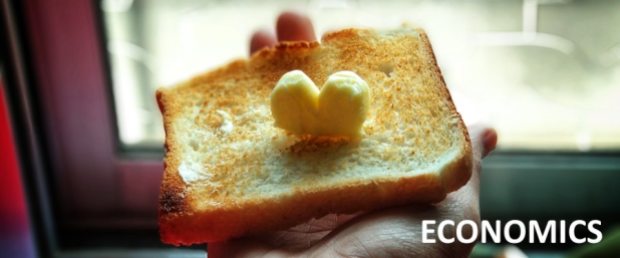
In 1977, more than 45 years ago, James Black, a senior scientist from ExxonMobil delivered a sobering message to the company:
In the first place, there is general scientific agreement that the most likely manner in which mankind is influencing the global climate is through carbon dioxide release from the burning of fossil fuels…
And in later warnings, he was clear about the need for action
…present thinking holds that man has a time window of five to 10 years before the need for hard decisions regarding changes in energy strategies might become critical.
And if you want to know more about this you can check out the article published 8 years ago in Scientific American. What I’m trying to say here is that incentives are important guide to corporations, businesses and while they are operated by humans, we cannot trust them to follow moral principles or human values that are not captured within regulations, rules or laws. In fact, we already cannot quite trust them to follow rules, regulations and laws to begin with, especially when they are at odds with profit-making.
The market is designed to act in certain ways that do not necessarily promote the greatest general well-being of the society. The conclusion that Adam Smith came to unfortunately doesn’t apply to the extent that market incentives rule so many aspects of our lives.
If ExxonMobil had been not only incentivised to ignore the climate problem but potentially contribute to confusion in the subsequent decades, how can we expect shareholder pressure, financial reporting and disclosures to help? And at the same time, putting all of these burden on the companies are probably going to make more enemies to decarbonisation. Disclosures are more about self-regulation and expecting the market to bring the whip. That’s hit and miss; and when there is incentive to ignore the problem, the market would, as we have seen for more than four decades.
It is time for governments to wake up and lead the mission on climate change. Businesses, consultants, NGOs, activists can only go this far and no more.








